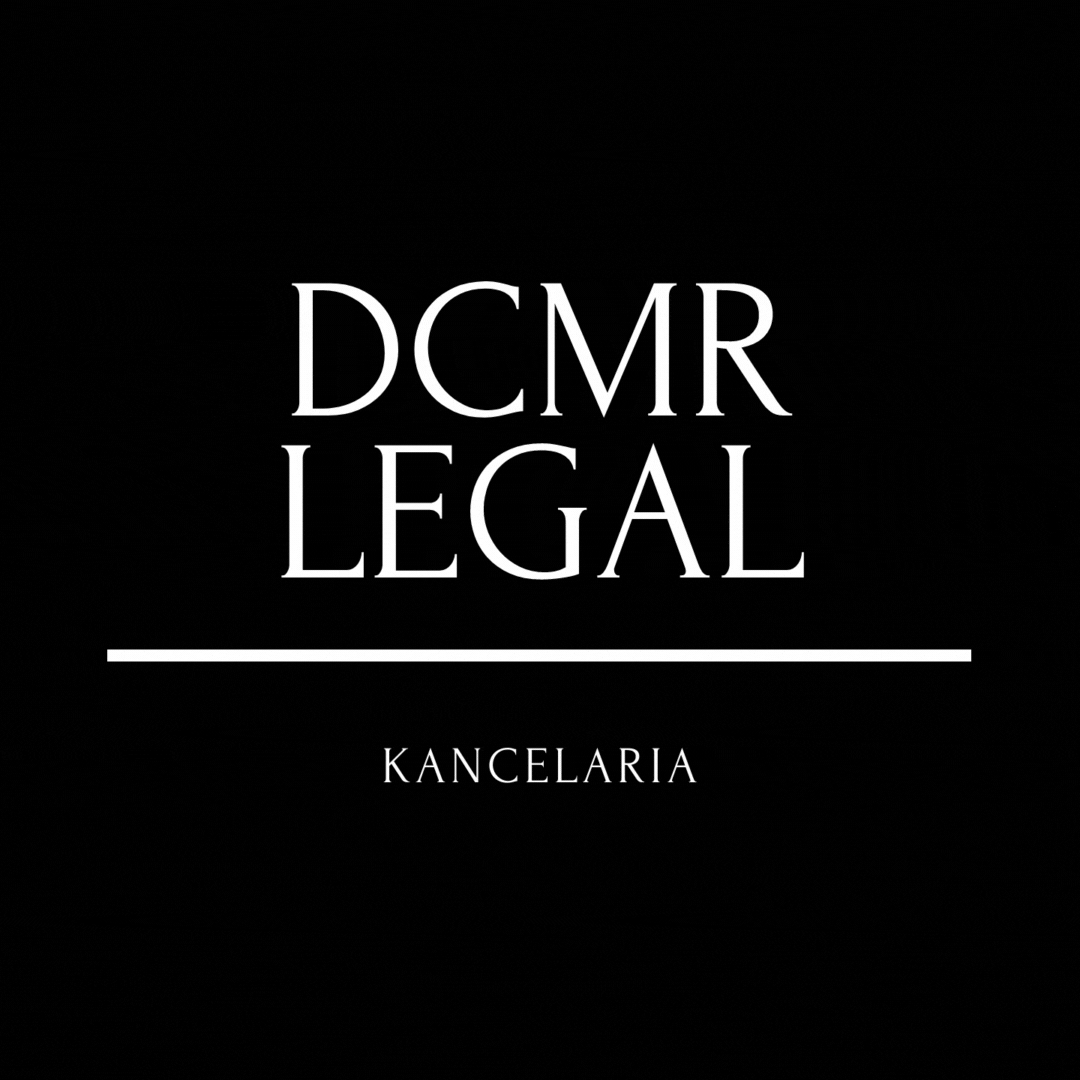Amicable Debt Collection vs Legal Action in Poland – Which Works Better?
- DCMR LEGAL

- Oct 13, 2025
- 2 min read

Should you start with friendly negotiations or go straight to court? Learn how amicable debt collection compares to legal action in Poland, and which option brings faster results.
Understanding the Two Paths of Debt Recovery
When a client stops paying, you have two main ways to recover your money: amicable (pre-legal) collection and legal action. Both methods are legitimate, but they serve different purposes — and choosing the right one at the right time can save months of frustration and unnecessary costs.
What Is Amicable Debt Collection?
Amicable (out-of-court) debt collection focuses on direct communication and negotiation with the debtor. At DCMR LEGAL, this phase includes:
contacting the debtor in their local language,
verifying the claim and documentation,
sending professional reminders and notices,
negotiating payment or structured settlement.
The key advantage?👉 No win – no fee. You only pay a success commission when the debtor actually pays. In 2024–2025, over 70% of B2B debts in Poland were resolved during the amicable stage — without going to court.
When to Consider Legal Action
Legal action becomes necessary when:
the debtor consistently ignores contact,
there is a large claim worth pursuing,
the limitation period is approaching,
or amicable negotiations fail completely.
Court proceedings in Poland are handled under the Civil Procedure Code, and depending on the claim size, you may use a Payment Order Procedure (simplified process for undisputed debts).
Once a court judgment is obtained, the case moves to the bailiff (komornik) stage for enforcement.
Comparing the Two Approaches
Factor | Amicable Collection | Legal Action |
Speed | Fast (2–6 weeks) | Slower (3–15 months) |
Costs | No upfront fees | Court fees + attorney costs |
Success Rate | 70–80% if debtor solvent | 100% enforceable with judgment |
Risk | Minimal | Moderate (depends on debtor’s assets) |
Tone | Cooperative | Formal and binding |
Hybrid Approach – The DCMR LEGAL Method
The most effective strategy often combines both:
Start amicably – quick, low-cost, and relationship-friendly.
Escalate legally if the debtor refuses to cooperate.
This way, you maintain pressure while minimizing costs.Our team ensures that if legal steps are needed, all pre-legal evidence and correspondence are ready for court.
Real-World Example
A UK engineering company faced €45,000 in unpaid invoices from a Polish distributor.After three weeks of amicable contact, no payment was made — so legal proceedings began. Within more than 5 months, the court issued a payment order, and enforcement through a bailiff in Warsaw recovered the full amount. The total cost of court and translation fees was less than 9% of the claim.
So, Which Works Better?
Both have their place — but amicable recovery should always come first. It’s faster, cheaper, and often enough to achieve full payment without court involvement. Legal action should follow when cooperation fails or when time is critical.
Start with a Free Case Review
Unsure whether to negotiate or litigate?Let us review your case and recommend the most effective route for recovery.
Email us at info@dcmrlegal.com



